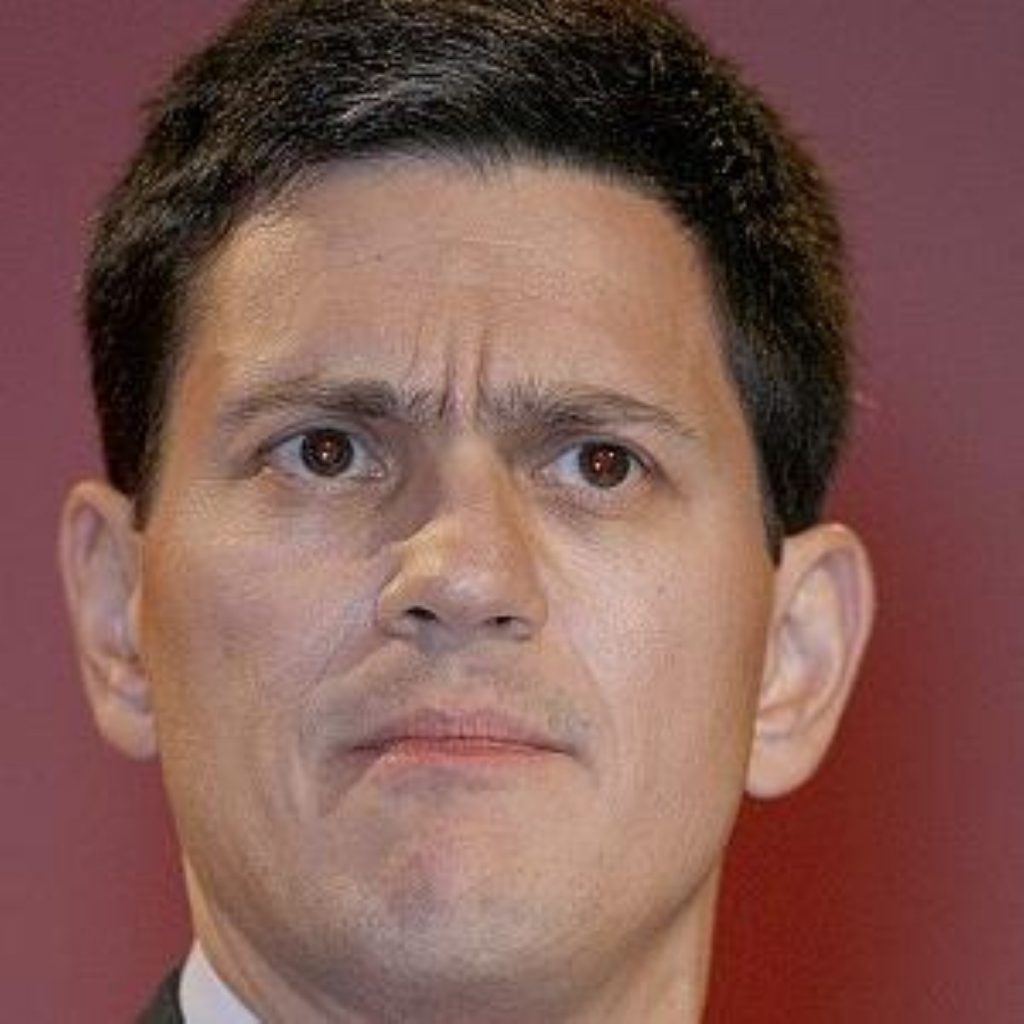Miliband defends EU treaty before select committee
Foreign secretary David Miliband appeared in front the European Scrutiny Committee today to answer questions on the controversial new European treaty.
The minister defended the government’s stance on the treaty, saying the “red lines” were being retained and the charter would not compromise British law or see European legal rights extended.
He was repeatedly questioned on the legal implications of the treaty, in particular, whether it would overrule existing domestic legislation.
He said it was clear within the treaty there “should be no obligations placed on national parliaments, only rights”, and said he had received confirmation from the EU council “there was no dissent” on this issue.


On more than one occasion he told the committee “the charter does not create new rights, it records existing rights”.
The meeting follows comments from the foreign secretary earlier today, where he emphasised there would no need for a referendum on the new European treaty.
He told BBC Radio 4’s Today programme: “If the red lines are secured as the prime minister has repeatedly said, then . . . the document does not shift the fundamental constitutional balance of power.
“[It should] therefore be considered by parliament in the same way that previous treaties under Labour and Tory governments have been addressed.”
He also defended the government against the claims the new treaty was still a constitution, insisting it “certainly” was not.
“All 27 heads of government agreed in the political declaration in June, that the constitutional concept had been, and I quote ‘abandoned’. Not diluted or reformed but abandoned.
“So that is why – in terms of structure – the new reform treaty is fundamentally different from the constitution.”
Yesterday, Conservative leader David Cameron called on the prime minister to “honour his promise to hold a referendum on the EU constitution”.
In a letter, the opposition leader disputed the government’s claims the treaty was fundamentally different to the EU constitution, saying it was “substantially equivalent”.

